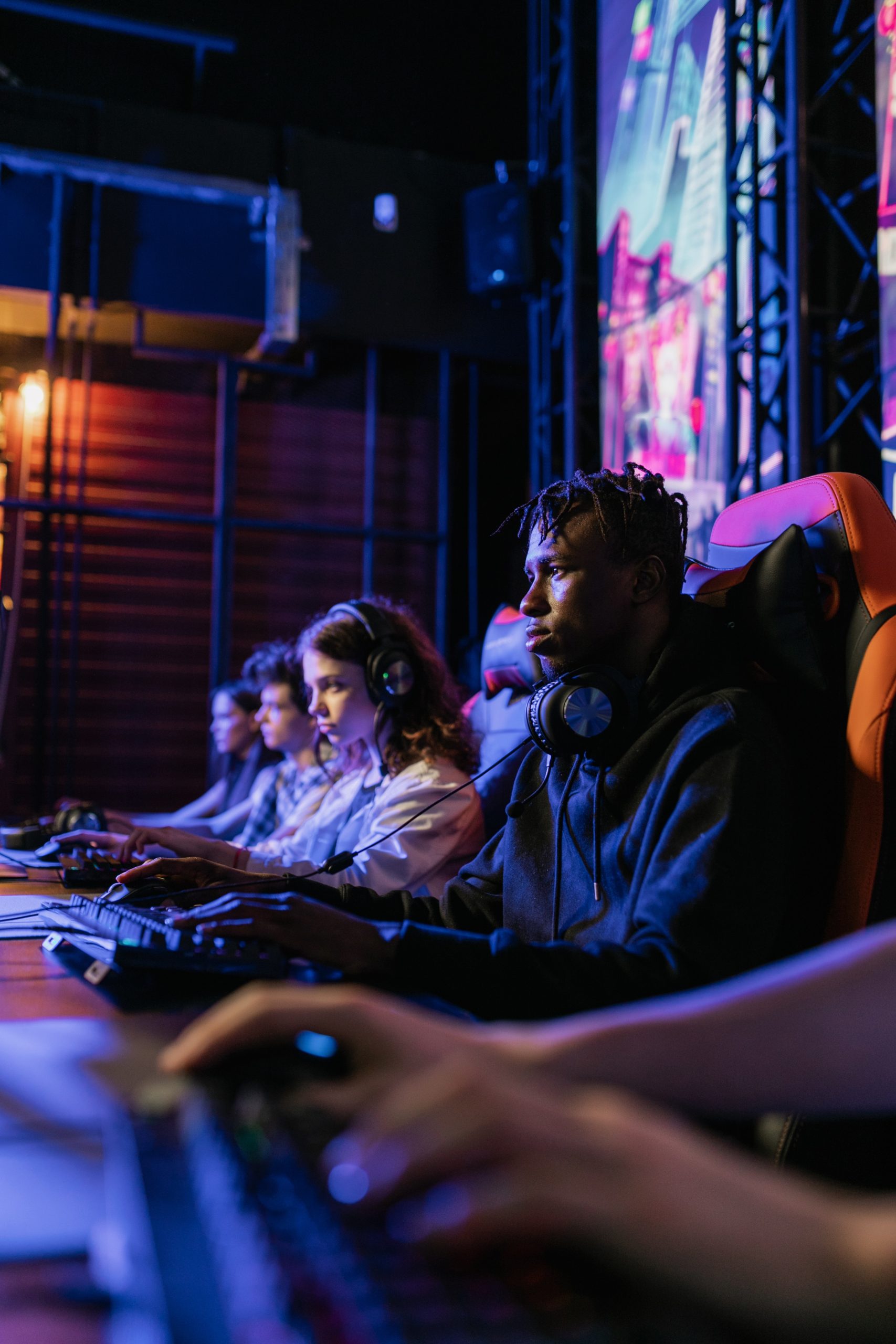For decades, video games were seen as a niche hobby enjoyed only by a small group of enthusiasts. However, in recent years, gaming has exploded in popularity and become a mainstream cultural phenomenon. With advancements in technology and the rise of online gaming communities, the stigma surrounding video games has begun to fade, and the industry is now recognized as a legitimate form of entertainment.
According to a report by Newzoo, a leading provider of market intelligence for the gaming industry, the global gaming market is expected to generate over $200 billion in revenue by 2023. This significant growth can be attributed to several factors, including the accessibility of gaming platforms and the increasing prevalence of gaming as a social activity.
One of the biggest factors contributing to the growth of gaming culture is the rise of mobile gaming. With the proliferation of smartphones and tablets, gaming has become more accessible than ever before. Mobile games are often free to download and play, making them an attractive option for casual gamers who may not want to invest in a traditional console or gaming PC. Additionally, mobile games are often designed to be played in short bursts, making them ideal for on-the-go entertainment.
Another key factor driving the growth of gaming culture is the rise of online gaming communities. Multiplayer games like Fortnite, Call of Duty, and League of Legends have millions of players worldwide, creating a sense of community and social interaction around the gaming experience. Online gaming communities have also given rise to esports, competitive gaming tournaments where professional gamers compete for large cash prizes. Esports has become a massive industry in its own right, with global tournaments drawing millions of viewers and generating millions of dollars in revenue.
As gaming has become more popular, it has also become more accepted by mainstream culture. Video game characters and references are now common in movies, television shows, and even music videos. In 2020, rapper Travis Scott performed a concert inside Fortnite, attracting over 12 million players to attend virtually. This collaboration between a popular musician and a video game demonstrates how gaming has become a legitimate cultural phenomenon.
Despite the growing acceptance of gaming culture, there are still those who view it with skepticism or even disdain. Some critics argue that video games are addictive and can have negative effects on mental health. Others view gaming as a waste of time or an activity that promotes violence. However, research has shown that video games can have positive effects on mental health, such as reducing stress and improving cognitive function. Additionally, there is little evidence to support the notion that video games promote violent behavior.
As gaming continues to grow in popularity, it is important for society to recognize its potential benefits and drawbacks. While it is true that excessive gaming can lead to negative consequences, the same can be said for any form of entertainment or leisure activity. By embracing gaming culture and recognizing its value, we can create a more inclusive and diverse society that celebrates a wide range of interests and hobbies.
In conclusion, the growing popularity and acceptance of gaming culture represents a significant shift in the way we view video games. What was once seen as a niche hobby has now become a legitimate form of entertainment enjoyed by millions worldwide. As the industry continues to grow and evolve, it will be exciting to see how gaming culture influences and is influenced by mainstream society.










